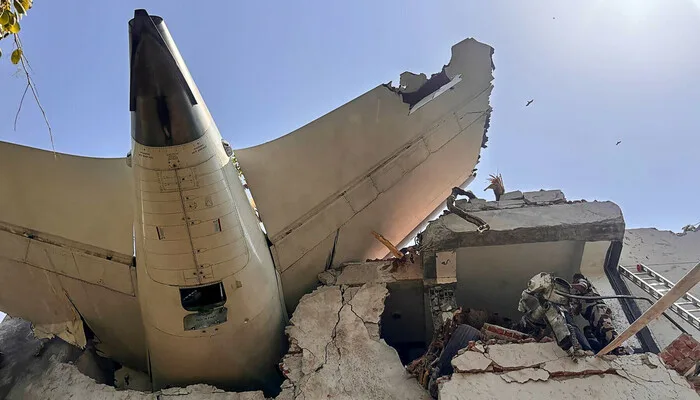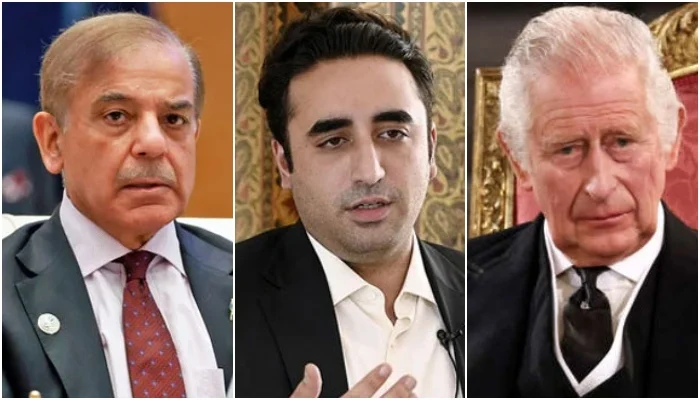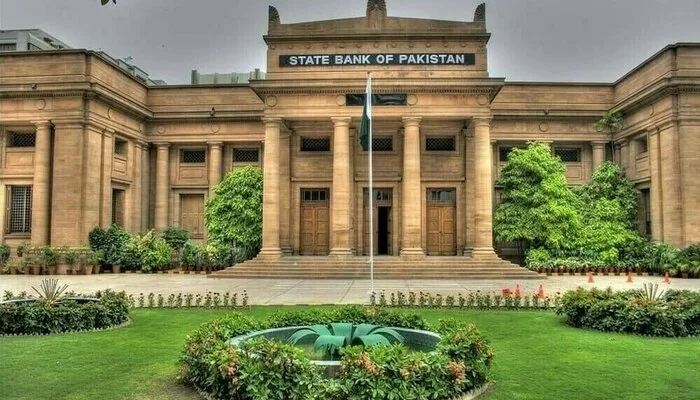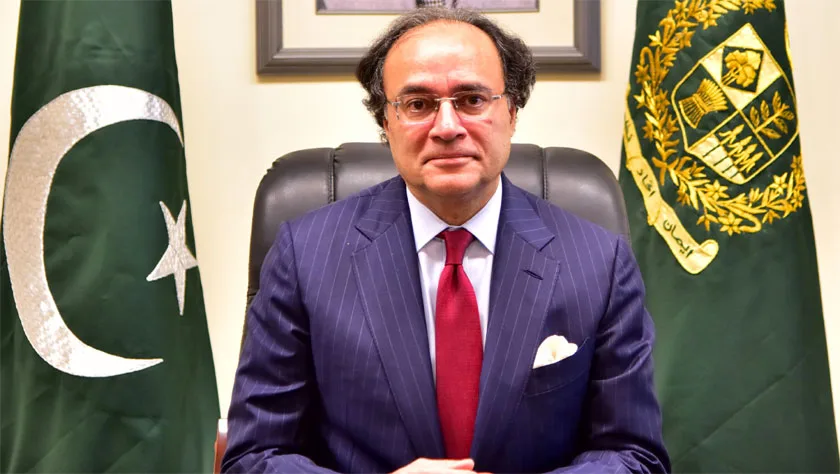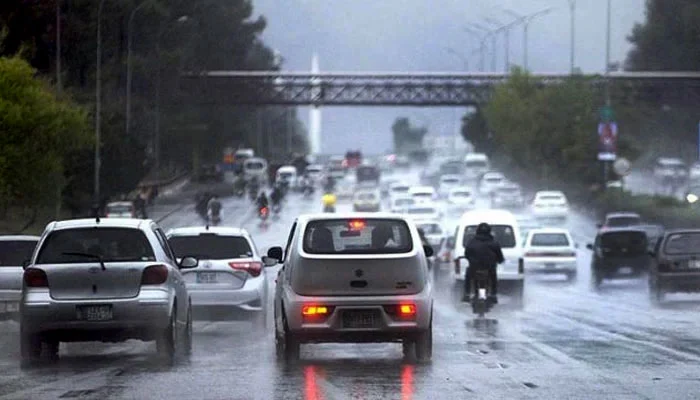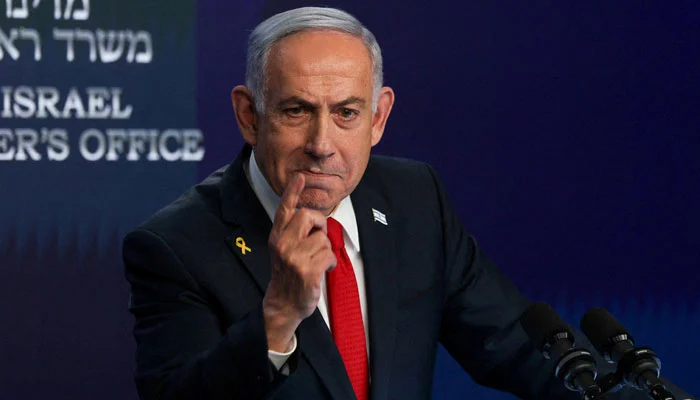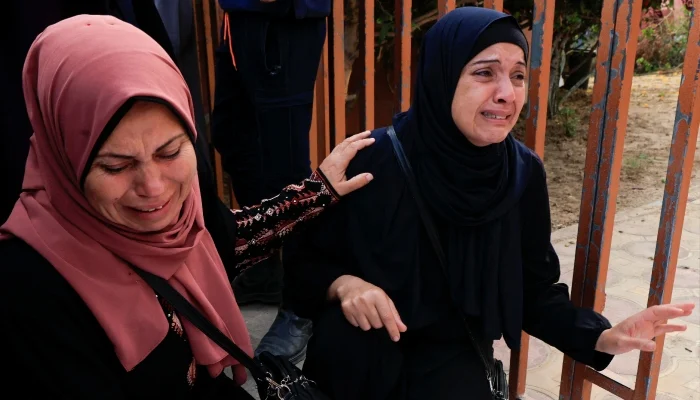
As the war in Gaza rages on, a silent but devastating crisis grows deeper: the mental health catastrophe gripping its people. For thousands of children and families, the relentless bombing, displacement, and loss have pushed psychological suffering to critical levels. According to international aid agencies, more than 80% of Gaza’s population now requires some form of mental health support.
Children, in particular, are bearing the brunt. Many have lost parents, siblings, and friends. They’ve witnessed homes collapse and entire neighborhoods turn to rubble. “These are not just temporary nightmares,” says Dr. Marwa Al-Khatib, a child psychologist working with a local NGO. “These are traumatic wounds that could affect them for life.”
The psychological symptoms range from insomnia and bedwetting to extreme anxiety, panic attacks, and withdrawal. Gaza’s schools, once safe spaces, are now overcrowded shelters or reduced to ruins. With no stability or routine, children are losing their sense of security.
Mental Health Services Collapsed
Even before the current war, mental health services in Gaza were limited. Now, under continuous bombardment, those fragile systems have all but collapsed. Clinics are destroyed. Counselors are overwhelmed. Access to medication is blocked due to the Israeli blockade.
Read: CGT Relief Sparks Stock Market Rally Post-Budget
“People are not just losing homes and loved ones,” says Dr. Ahmed Saeed, a psychiatrist based in Rafah. “They are losing the ability to process grief. Every new explosion reopens the wound.”
The World Health Organization (WHO) reports that more than half of Gaza’s hospitals are non-functional, making it nearly impossible for people to seek psychological care. Aid organizations warn of a generational mental health crisis if immediate support is not provided.
Mobile teams, when functional, try to offer group counseling in shelters. But limited fuel, ongoing strikes, and restricted movement make this nearly impossible. “It’s heartbreaking,” says Dr. Saeed. “We’re watching a mental health disaster unfold in real time.”
Global Community
As the international spotlight remains largely on the political and military aspects of the conflict, mental health is often sidelined. However, rights groups now urge the global community to consider psychological care an essential part of humanitarian aid.
The UN has repeatedly called for a ceasefire, not only to stop the physical devastation but also to give people a chance to heal mentally. “Every day without a ceasefire is another day of compounded trauma,” said a spokesperson for the UN Office for the Coordination of Humanitarian Affairs.
Gaza’s suffering is not just about damaged buildings — it’s about broken minds, lost childhoods, and entire communities emotionally crushed under the weight of war. Without urgent and sustained international support for mental health, the long-term consequences could haunt Gaza for decades.
Mental health is not a luxury during war. In Gaza, it has become a desperate need — and one the world cannot afford to ignore any longer.
Follow us on Facebook and Instagram






